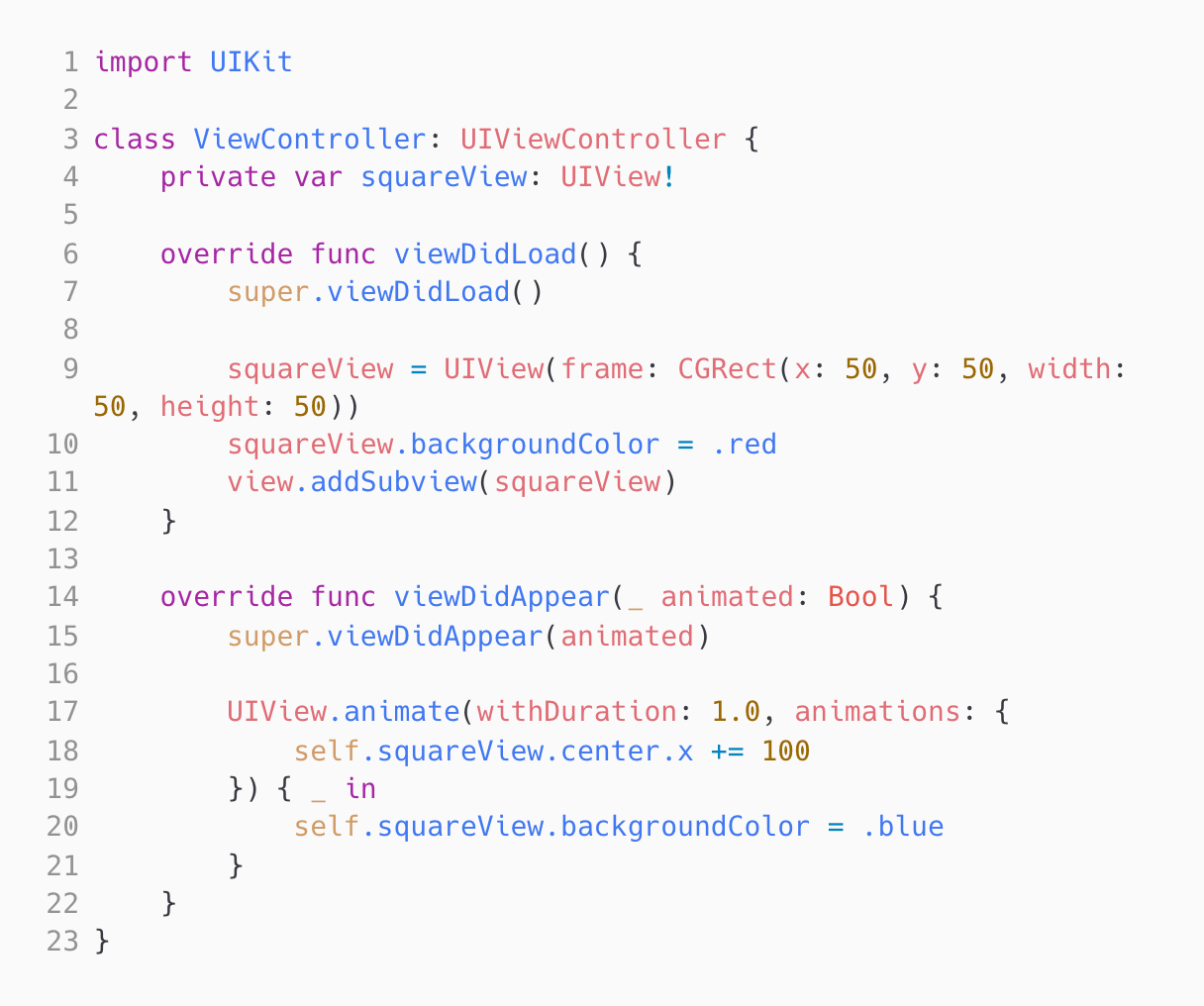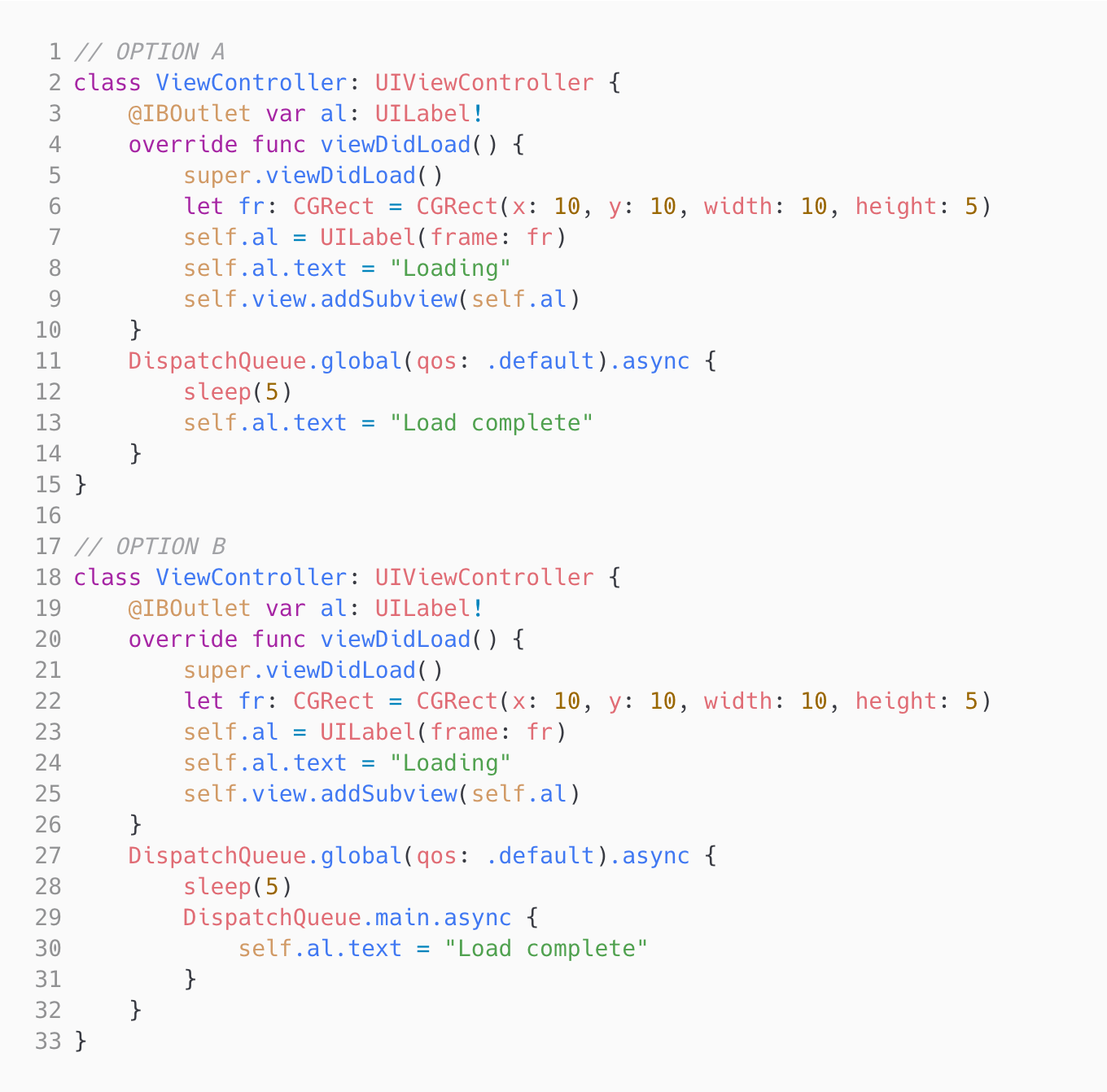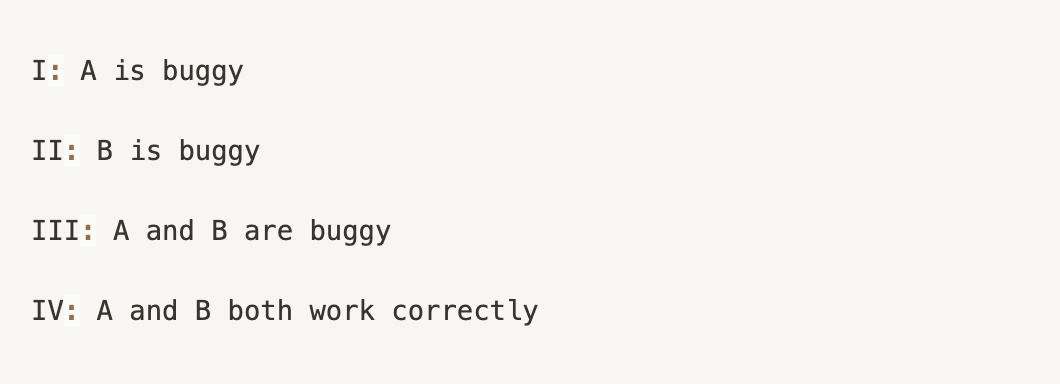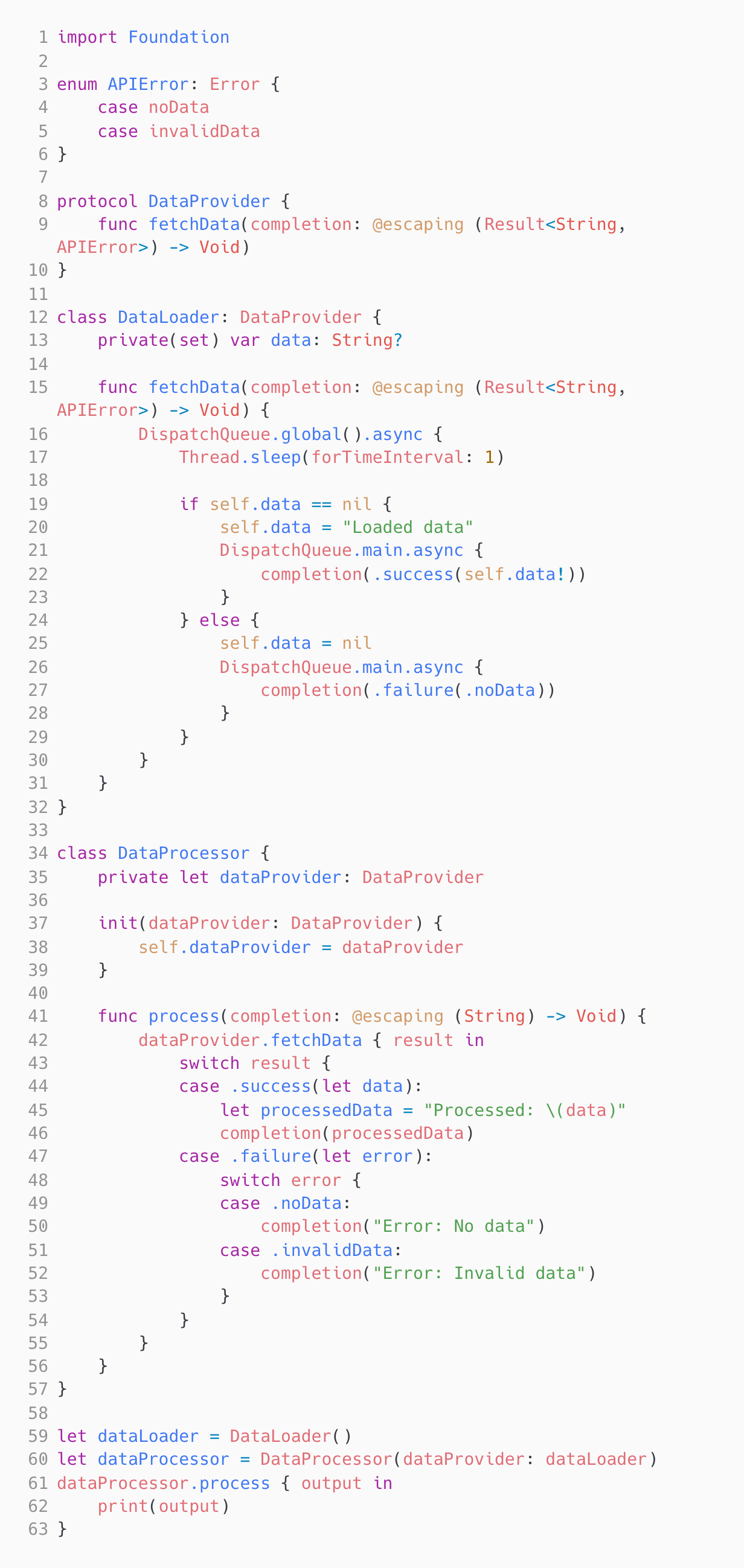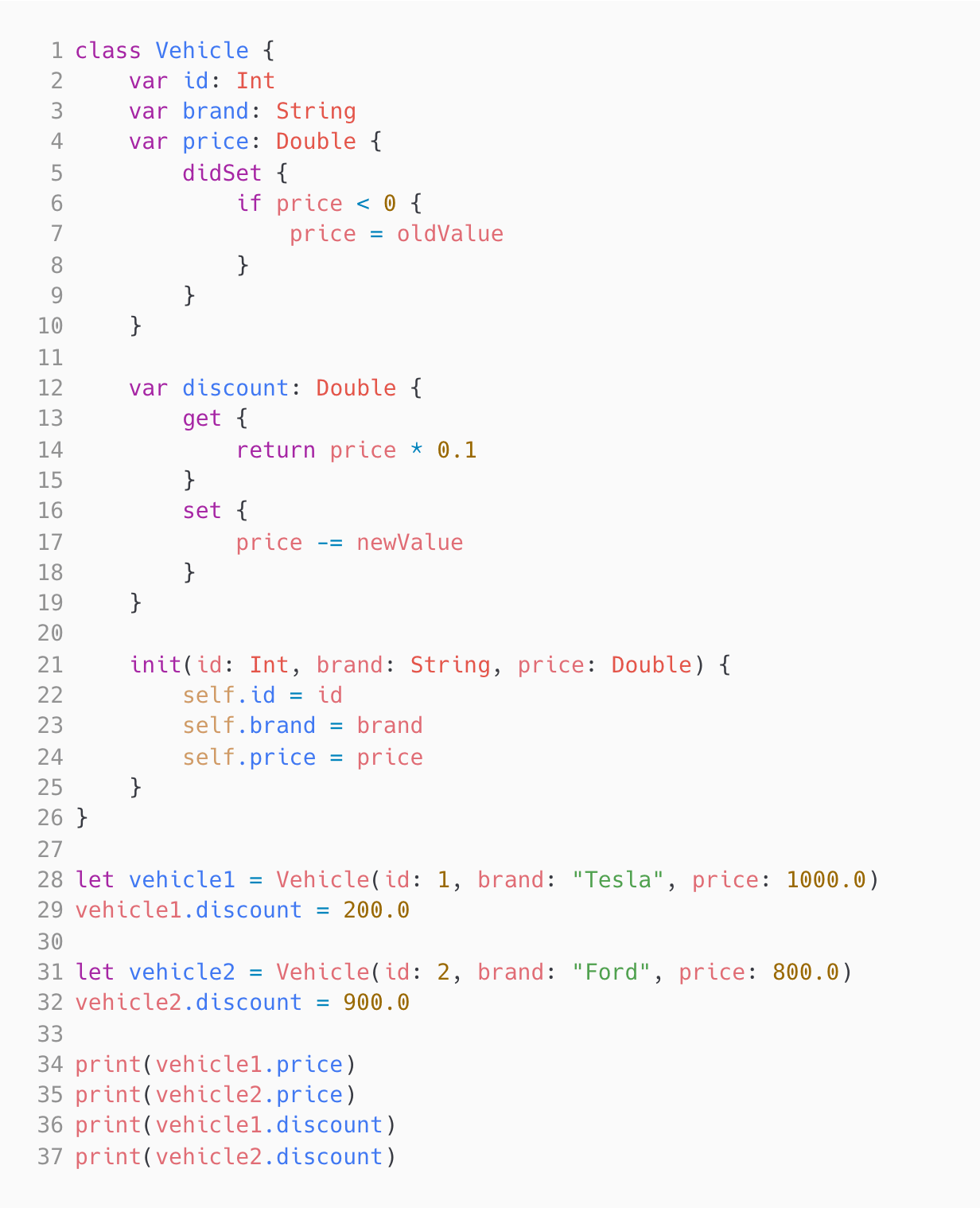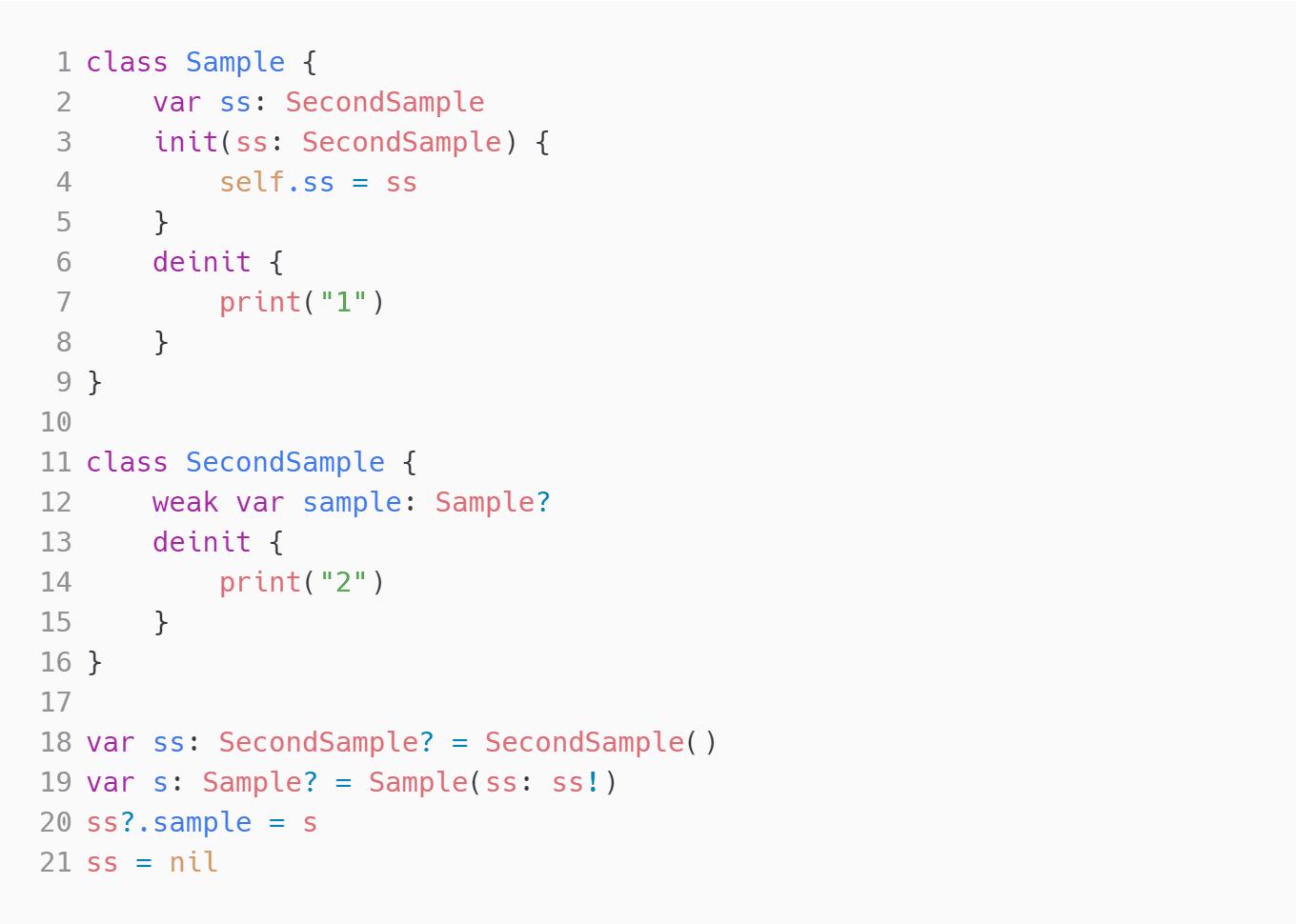Swift Programming: Swift programming language is a powerful and modern language used for developing iOS applications. It provides a concise and expressive syntax, which makes code easier to read and maintain. Testing candidates on Swift programming ensures that they have a good understanding of the language and can write clean and efficient code.
iOS Basics (Swift): iOS basics in Swift covers the fundamental concepts and principles of iOS development. It includes topics such as creating user interfaces, managing application lifecycles, and utilizing built-in iOS features. Candidates with a strong grasp of iOS basics are equipped to build robust and user-friendly applications on the iOS platform.
Views and Controllers: Views and controllers are crucial components in iOS development. Views are responsible for presenting the user interface and receiving user input, while controllers handle the logic and behavior of the application. Assessing candidates on views and controllers ensures that they have the skills to design and implement well-structured and interactive interfaces.
Variables and Data Types: Variables and data types are essential concepts in programming. Understanding variables allows developers to store and manipulate values, while data types define the kind of values that can be stored. Testing candidates on variables and data types ensures that they are proficient in handling different data and can effectively manage memory resources in their applications.
Control Flow: Control flow refers to the order in which statements are executed in a program. It includes concepts such as conditional statements, loops, and branching. Evaluating candidates on control flow helps determine their ability to implement logical and efficient algorithms, ensuring that their code executes correctly and efficiently.
Functions: Functions are reusable blocks of code that perform specific tasks. They allow developers to organize their code and make it more modular and maintainable. Assessing candidates on functions ensures that they can write well-structured and efficient code, enabling them to solve complex problems and build scalable applications.
Arrays and Collections: Arrays and collections are used to store and manage multiple values. They provide a way to organize and manipulate data efficiently. Testing candidates on arrays and collections ensures that they can work with complex data structures, enabling them to handle large amounts of data in their applications.
Optionals: Optionals are a feature in Swift that allows for the representation of both a value and the absence of a value. They provide a safe and concise way to handle scenarios where a value may be missing or uncertain. Assessing candidates on optionals ensures that they have a solid understanding of handling optional values, reducing the likelihood of runtime errors and improving code reliability.
Classes and Objects: Classes and objects are fundamental concepts in object-oriented programming. Classes define the blueprint for creating objects, while objects are instances of classes. Evaluating candidates on classes and objects ensures they can design and implement well-structured and reusable code, fostering code reusability and maintainability.
Memory Management: Memory management is the process of managing computer memory resources to ensure efficient utilization and prevent memory leaks. It involves allocating and deallocating memory when needed, as well as handling reference counting and memory cleanup. Testing candidates on memory management ensures that they can write memory-efficient code, minimizing resource consumption and improving application performance.
Error Handling and Debugging: Error handling and debugging are essential skills for any developer. Error handling involves anticipating and handling errors that may occur during program execution, while debugging is the process of identifying and fixing issues in code. Assessing candidates on error handling and debugging ensures that they can effectively troubleshoot and resolve issues, ensuring the stability and reliability of their applications.
Networking: Networking is a critical aspect of many iOS applications, enabling communication with remote servers and APIs. It involves sending and receiving data over the internet and handling network-related tasks such as authentication and encryption. Evaluating candidates on networking ensures that they have the knowledge and skills to implement secure and efficient network communication in their applications.
Core Data: Core Data is a framework used for data persistence in iOS applications. It provides an object-oriented approach to managing and persisting application data, including support for data modeling, data storage, and query execution. Testing candidates on Core Data ensures that they can effectively implement data storage and retrieval, enabling them to build robust and scalable data-driven applications.
Testing and Debugging: Testing and debugging are critical phases in software development, ensuring the quality and stability of applications. Testing involves verifying that the application behaves as expected under various scenarios, while debugging involves identifying and fixing issues in the code. Assessing candidates on testing and debugging ensures that they can effectively validate and troubleshoot their applications, delivering high-quality and reliable software.



















